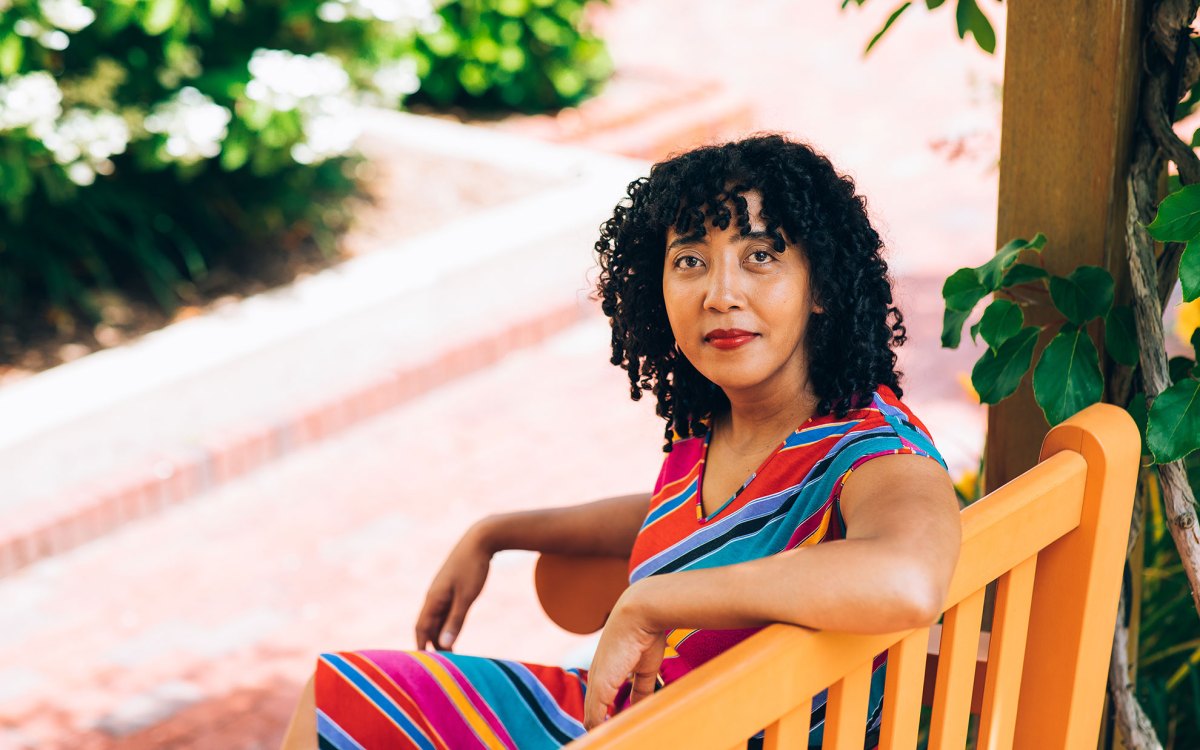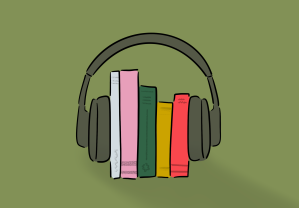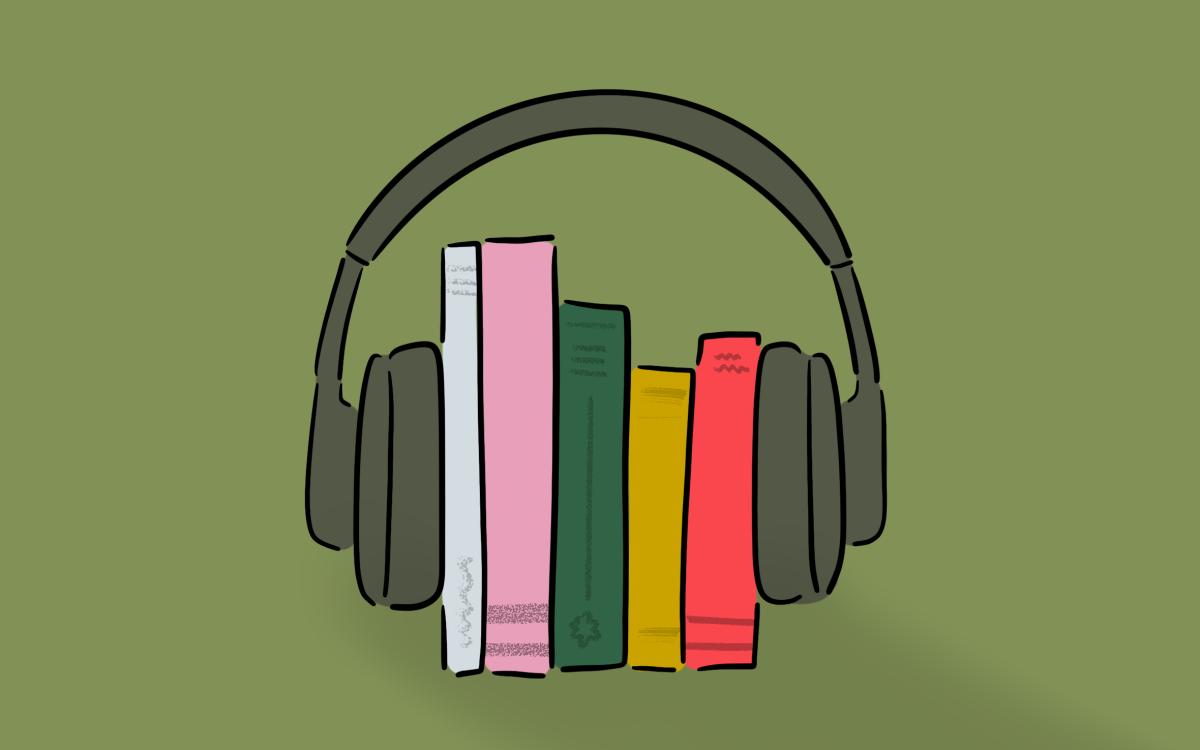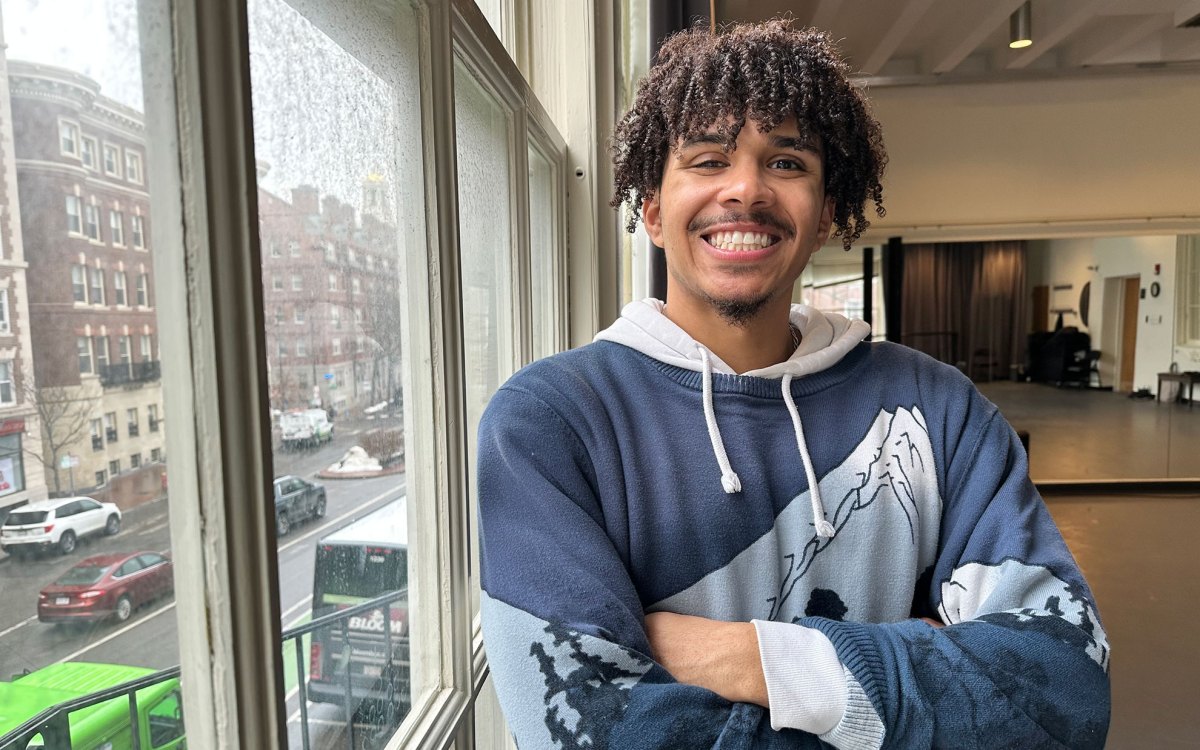Writing today for a distant tomorrow
Visiting Professor Valeria Luiselli will contribute to the Future Library
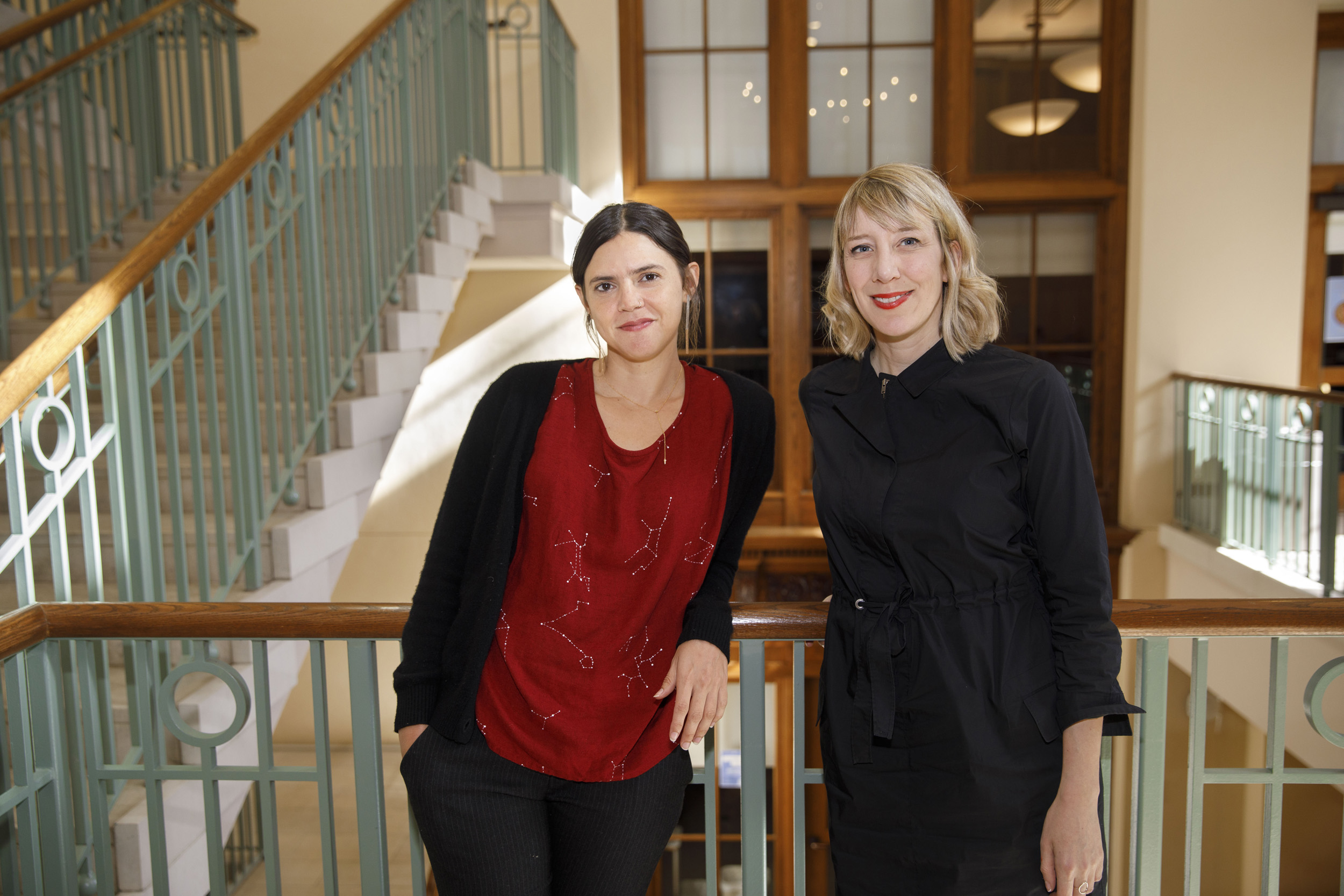
Valeria Luiselli (left) and artist Katie Paterson.
Kris Snibbe/Harvard Staff Photographer
Most writers hope their words will still be read 100 years from now. For Valeria Luiselli, it’s guaranteed.
Luiselli, visiting professor in the Department of English in the Faculty of Arts and Sciences, was chosen to submit a new, original work to the Future Library, a time capsule in Norway. Started in 2014 by Scottish artist Katie Paterson, it holds a collection of manuscripts by eminent authors that will be stored, unread, until the year 2114.
“It’s the first time that I’ve ever had to write for the future so clearly, and attempt to think clear-headedly about the future as I’m writing,” Luiselli said. “Even at a very mundane level there is a consciousness, a fleetingness to the present moment that has changed, very much, the way I am experiencing writing.”
After the Future Library announced in November that it had selected the Mexican writer, Luiselli and Paterson met for the first time in February. During an interview over lunch at Harvard’s Barker Café, Paterson explained that Luiselli was the perfect choice for the Future Library because the themes of her writing align with the spirit of the public art project.
“We invited her because of her connection to imagination and time,” Paterson said. “She crosses borders and thinks about the liminality of people, places, and cultures. She’s an incredible voice of literature right now.”
Luiselli is the author of five books, including the Booker-nominated “Lost Children Archive” (2019), “The Story of My Teeth,” (2013) and “Tell Me How It Ends: An Essay in 40 Questions” (2017). This semester she is teaching “Archival Fictions” in the English Department and “Rhetorics of Travel, Mobility and Displacement in Latin American Culture 1845-2019” in the Department of Romance Languages and Literatures.
“Almost every sentence, I have to pause and think. ‘If I mention an email that I wrote, do I have to explain what an email is?’”
Valeria Luiselli
The manuscript, which Luiselli is still writing, will be officially submitted to the Future Library in a handoff ceremony May 26, in a forest entrusted to the Future Library north of Oslo. The title of the piece will be announced at the ceremony, but all other details about it will remain a secret. It will be stored, with the other manuscripts, in a designated room in the Deichman Bjørvika public library in Oslo until 2114, when it will be published in an anthology printed on paper from the forest. Luiselli’s work will join contributors Margaret Atwood, Ocean Vuong, David Mitchell, and Elif Shafak, among others.
Writing for the future affords Luiselli a certain level of freedom, since most people she knows today won’t be around to read her work in 2114. But, still, the process remains complicated, thinking about cultural references that may or may not be understood in 100 years.
“Almost every sentence, I have to pause and think. ‘If I mention an email that I wrote, do I have to explain what an email is?’” Luiselli said.
Luiselli likes to handwrite all her first drafts, and she plans to submit the secret manuscript still in its handwritten state. Handwriting, she said, allows her to work in her preferred fragmented style, while computers force the work to be linear. She often uses Polaroid pictures and sound recordings in her writing process, to help her capture the feeling of spaces and scenes.
Future Library authors have almost no restrictions on what they can produce, according to Paterson. The piece can be any length, in any language, and on any topic. But the manuscript must contain words only — no illustrations. And, of course, it must remain a secret.
The one person Luiselli knows who may get a chance to read her manuscript is her 2-year-old daughter, who will be 93 when the literary time capsule is published. (“Maybe she’ll read it, or maybe someone will read it to her,” Luiselli said. “That idea really moves me, in two ways. It fills me with emotion, but it also spurs me forward like an internal motor and it gives me a sense of direction and a sense of responsibility.”) Likewise, Paterson has a 6-year-old son who may see the Future Library opened when he is 97.
For Luiselli, it’s difficult to imagine what the reception to her work will be so far in the future.
“I don’t mind disagreement, agreement is good, being refuted is fine. But indifference would be very sad,” Luiselli said. “I just hope that what I can say now about the issues that worry me and the issues that excite me are still relevant to those in the future.”
